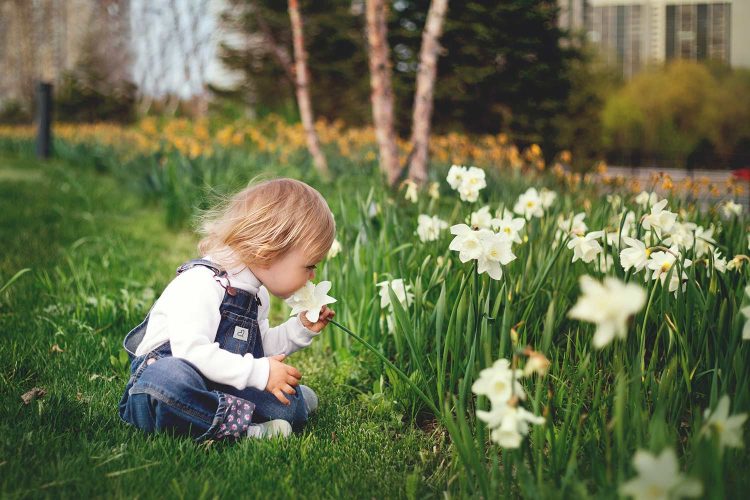CAN GARDENS MAKE A DIFFERENCE TO BIODIVERSITY?

With growing concern for the welfare of our planet there is an increasing desire for immediate action. Habitat destruction on a global scale has led to accelerating extinction rates and biodiversity destruction.
A combination of deforestation, land drainage, greenhouse gasses and pollution are all accelerating this process. However, resolutions to these issues are not straight forward. Feeding a growing population and striving for ever economic prosperity exacerbates these issues further!
The problem is Human beings have greatly underestimated the importance of biodiversity for their own survival. With a large shift for positive change out of most people’s control, many seek to do their bit locally.
The easiest way to do this is by increasing biodiversity as close to home as possible. By boosting biodiversity in our gardens we can do our bit and enjoy be surrounded by abundant nature!
In this article we will explore how to increase biodiversity in your garden and the benefits this can bring.
What is biodiversity?
Biodiversity is the ecological range and density of species within a given environment. Generally, the healthier and more diverse habitats present results in greater biodiversity.
Generally, the closer you get to the equator the more biodiversity you find. This is due to ecosystems having access to more of the sun energy.
Abundant biodiversity relies upon balanced ecosystems which are a result of a healthy environment. This typically translates into minimal development, habitat destruction and chemical use.
Can gardens make a difference to biodiversity?
It’s easy to look out over a small garden space and wonder, just how much difference they could make? However collectively gardens on a national level can comprise of a huge area.
Gardens have the advantage of already benefiting from a complexity of microclimates, habitats and species. Therefore with a collective shift in the way we manage our gardens they can have a huge impact.
It is amazing how a small change in our conception of green spaces can provide positive change. Since the Renaissance period gardens have been managed to symbolize the beauty of man’s orderly dominance over nature.
Our love of tightly clipped hedges and manicured lawns has provided so much satisfaction. In contrast, long, meadow grass and shrubby thickets have been viewed upon as messy.
